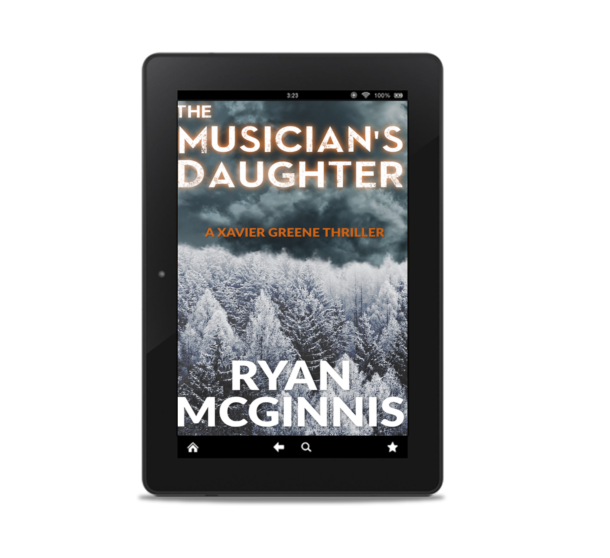How I Stopped Worrying and Learned to Love the Bomb…
When I first started building websites, I learned to code it by hand. Writing out the HTML and then styling it with CSS was a cumbersome task, but it was a great learning experience. I built my first website like that. The problem with it was that it took a long time. When I started making websites for clients, I determined it would be nearly impossible to make a profit when it took so long to build a website. Fortunately, I discovered something called a Content Management System, or CMS. At the time, the two I was interested in mastering were Concrete5 and, one you’ve probably heard of, WordPress.
At the time, the old guard of the website-building community scoffed at WordPress and other CMS. Usually hurling insults such as “that’s not a real website” or “no one is going to want one of those when they can have a real website.” The thought that someone could make a sound, functional website in a fraction of the time it took them to hand code and at a fraction of the cost made them bristle with anger. But, I realized that the customer ultimately wouldn’t care what went into building their website, just that it was a good-looking, functional site. And why should it matter to me? I never set out to be a hand-coding purist. I wanted to run my own business, and using a CMS improved the workflow. These days, WordPress accounts for 80% of the websites on the internet. But you don’t care about that, and neither do I.
My point is that technology occasionally makes advances that disrupt the status quo and change how we do things. Whether it was the steam engine, the printing press, the telephone, or the internet, technology always devised a way to push us forward and force us to evolve. In each case, those who adapt and learn to use the new technology are the ones who will prosper, while the ones who cling to the old way will inevitably get swept away on the tides of history. That brings me to my real subject, Artificial Intelligence.
Currently, it’s getting shoved down our throats from every angle. While on The Jetsons, we envisioned a future where computers would do menial labor tasks such as cooking and cleaning, tech bros have instead decided computers should do the fun, creative work, so we can spend more time doing menial labor. It’s the best version I’ve seen yet of twisting a good idea into something wrong. But the bright side to all of this is that AI isn’t intelligent, much less creative. It can only mimic, at least, for now. But as much as it sucks at doing creative work, it is here to stay. So, how do we, as creatives and authors, deal with it?
We start by realizing that AI isn’t a competitor. It’s a tool and should be treated as such. Now, before you roast me at the stake, understand that I believe we should only use AI in an ethical manner. Artificial Intelligence scans existing work to come up with its generated content, so I wholeheartedly believe we shouldn’t use it for our covers or to write our novels. However, there are a lot of menial tasks that AI can help me with that would make my life less tedious. For instance, as I type this article on Grammarly, the program gives me a steady list of edits in the right-hand column. When I finish the article, instead of pouring over it for another hour editing my work, I’ll spend a few minutes reading the suggestions and performing each edit with the click of a button. Research is another area where AI shines. Whether it be historical locations, local customs, what tropes your particular genre uses, or examples of how to use them. Instead of spending hours searching Google and taking notes, it can have the results in no time. Much like the Jetsons, I believe in making the AI do the tedious work that bores me and leave the creative work to me.
Lately, I’ve been studying the work of Joanna Penn, a NY bestselling author and AI cheerleader. I believe she has a point when she says we can use AI to help enhance our creative abilities instead of replacing them. I will admit that Joanna goes way further with it than I’m comfortable with, even allowing it to create her covers. As someone who does their own covers, I can see the allure of it, but until it can be ethically done, I will abstain. And that’s the point. This latest innovation is going nowhere, so we have two choices. Ignore it and keep doing things the old way, or use it ethically to enhance our skills and make life easier. As an explorer and tinkerer, I know which way I will choose. What about you?
– Ryan
